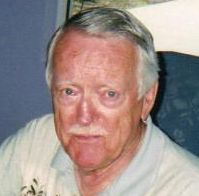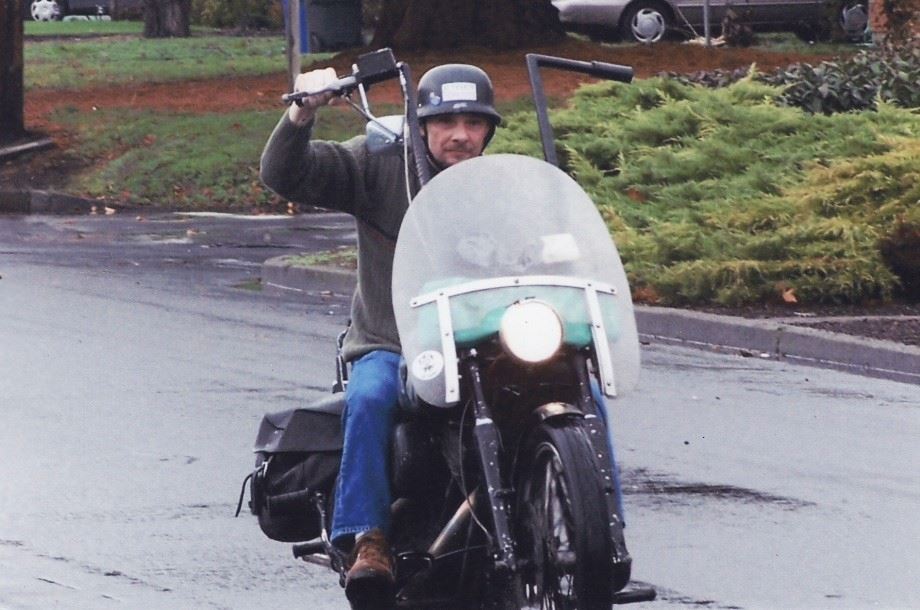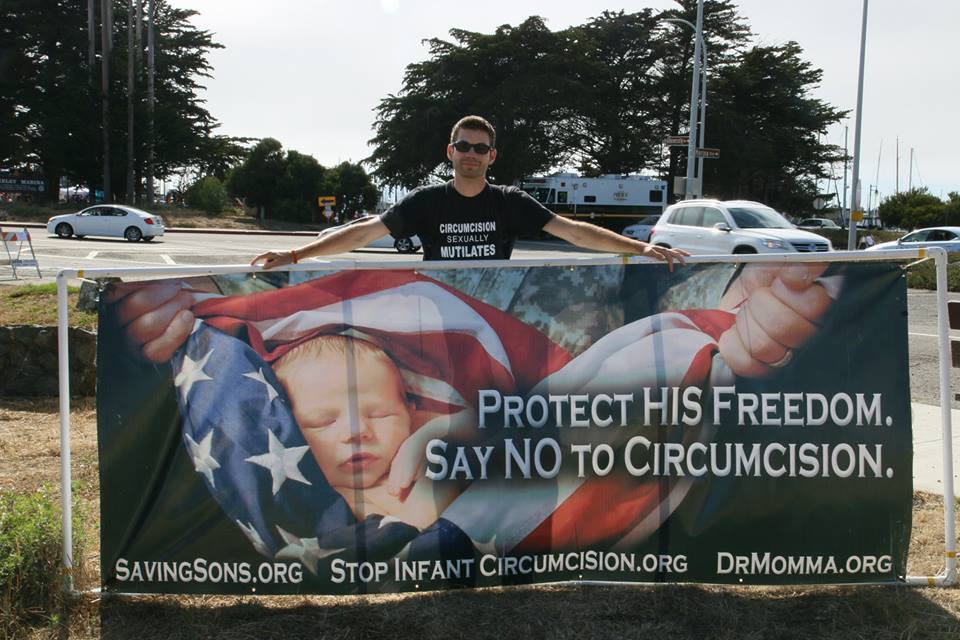
















Hands across the toxins… Of British Petroleum, British Columbia and The Salmon Derby
I’m lucky to live here in British Columbia where the waters are free from oil rigs and pipelines.
- Carin Bondar
Lucky Vancouver writer
William Annett Global News Centre
(DAYTONA BEACH) Carin Bondar, a worried but reconciled Vancouver writer, supports the view of the David Suzuki Foundation, from whence the founder and namesake has recently retired, presumably to spend more time with non-GMOs. And sick and tired, I understand, of banging his head against the conservative, anti-tree-hugging establishment.
(For my vast international readership, I’ll explain that David Suzuki is one of those rare CBC emeriti, luminaries of the stature of Max Ferguson, Lorne Green (Pa Cartwright to American audiences) and grumpy old Gordon Sinclair. It’s time Dave was retiring anyway, since he’s at least a contemporary of mine, and I wasn’t born yesterday: he was a prof at UBC in the distant past when I was a superannuated grad student. He became a fixture on Jarvis Street about the time I was sentenced to life in Florida.)
“The Gulf (of Mexico),” writes Carin, “ has long been home to many of the most productive fisheries in the U.S., crustaceans (shrimp) and molluscs (oysters, clams and other shellfish). It’s not about whether the seafood caught from the Gulf of Mexico has toxins in it. There is no question that it does. It’s about determining an appropriate level of toxin ingestion for the average human diet.
“The main contaminants from an oil spill are polycyclic aromatic hydrocarbons (PAHs). These compounds are associated with stunted growth, anemia and kidney disease in humans. Napthalene, one of the most frequently detected PAHs in seafood, is strongly associated with cancer risk. (Yikes. -Ed.)
“The more vulnerable members of the population (are) pregnant women and young children. (Fortunately, my youngest child is older than Obama and my wife is past child-bearing. -Ed.)
Carin continues, breathlessly: “Will I be eating any seafood from the Gulf of Mexico? Likely not. I’m lucky to live here in British Columbia where the waters are free from oil rigs and pipelines.”
Hold it right there, Carin. I know a little something about the Gulf of Mexico. My late brother Ron, who wouldn’t have known a mollusc if he tripped over it, lived hard by Padre Island, which he considered paradise, to which I would respond by pointing out that it was pres de where 110 million Mexicanos routinely flushed, and also deposited the concrete-footed gringos that fell victim to the drug wars.
But hey, Carin, you may not have heard that since The Spill, British Petroleum has turned over a new leaf. Currently, the five Gulf States, Texas, Louisiana, Alabama, Mississippi and Florida (all fortunately spearheaded by Republican Governors) have launched a colorful ad campaign to attract tourists to this Gulf Wonderland, a veritable Tourist Mecca. And guess which corporate monolith is funding the whole campaign? (Probably cost a million or two.) Despite the fact that they’re still about $100 billion short on the project to restore the Gulf to the status ol’ brother Ron held dear. God bless BP and the deepsea rigs they rode in on.
Meanwhile, I acknowledge your preference for the broad Pacific’s pristine waters, Fukushima notwithstanding, and more recently notwithspilling. As a former Vancouverite, I’m cheered by the lengths to which thinking people are going to insure that B.C.’s environment remains squeaky clean. Take the Cohen Commission, for example. For the pittance of $25 mill of taxpayers’ money, these seekers after truth have worked to find out where the salmon went, which is the Commission’s raison e’etre. We don’t call them “Royal” commissions any more. Since Trudeau we’ve got real uppity about our new self-determining status.
Among other salmon fanciers, the National Post and the David Suzuki Foundation have been worrying needlessly about the Fraser River salmon count as the pregnant horde heads upstream from the Port Mann Bridge. It’s dwindled to nothing in recent years, but there’s a good reason. They’ve been migrating north to Alaska, often helped along by seiners out of Anchorage.
But Canada’s Department of Fisheries and Oceans (DFO), despite the temporary setback and bad publicity occasioned by the extinction of the Atlantic Fishery, has launched a salmon immigration policy that will solve everything. I’ll explain how later.
First, about the alleged salmon paucity, especially including the once great Fraser migration up-river to spawn. (Salmon, that is. People tend to migrate toward the seacoast in order to spawn, particularly during vacation.) But this just isn’t happening any more and nobody knows why. (Except the Cohen Commission and me.) From 15 million fish in 1999, the number has slowly declined so that there’s not a damn fish in sight.
Enter the Cohen Commission, chaired by B.C. Supreme Court Judge Bruce Cohen. An excellent choice since, as we all know, Supreme Court Judges know all about fish. The Commission so far has documented scads of evidence. Most of the testimony comes from university professors, who know as much about fish as judges do. Early in the deliberations, a UBC Professor allowed as how the original deal between the Hudson’s Bay Company and local natives back in 1850 was typically generous in the amount the English company allowed the natives to take of their own fish. However, subsequent governments have gradually been cutting back on the native “food fishery.” (Which makes sense, because there aren’t nearly as many Indians now, thanks to colonial genocide.)
Also being studied are (1) the commercial fishery, and (2) the sport fishery, which aren’t really to blame, except perhaps for the cigars those rich American fishermen throw into the pristine Fraser.
So the obvious solution would be for Mr. Justice Cohen and his air conditioned fellow Commissioners to blame the salmon’s disappearance on those shiftless Indians. But that would hardly justify blowing all that $25 million. Instead, I have two suggestions as to: (a) where have all the salmon gone? And (b) what do we do about it?
First of all, go ahead and blame the Indians, even though, since Captain George Vancouver dropped anchor just off Kits Beach, the white population of the city has gone from 1 – Captain George himself – to 2.8 million. Meanwhile, the native population has been reduced to about 1% of its former magnitude. So guess who gobbled up all the salmon?
Answer? Nobody. The damn fish just checked out. If the Commission were to absent themselves from felicity and air-conditioning awhile, and along the Fraser River draw their breath in pain, they might discover that the sludge of pollution produced by those 2.8 million white folks, their flushings and their factorings, might provide Answer 1A.
The natural question that any healthy salmon might ask is: “How would you like to swim against the current in this crap, never mind 1,500 kilometers, but even for 60 miles, say as far as Chilliwack?”
Enfin, I can tell you where the salmon have gone. I live in Florida, and I’m often confronted with a menu that offers “Alaska Salmon” at of course larcenous prices. And I’ve often raged that this entree was probably domiciled in Prince Rupert, at the mouth of the Skeena, but fell victim to those proselytizing seiners from Anchorage.
I’m convinced that all those Fraser River salmon have simply followed that ancient dirge: “Northward – to Alaska!” Why not follow the cruise ships? The salmon aren’t subject to passports or security or strip searching. All they need to put up with, apart from dodging the Alaska seiners around Prince Rupert, is the faint residual detritus left by the Exxon-Valdez. Far easier to take than the sewers of New Westminster.
The Answer (#2) is simply: The people of Vancouver, rich and poor, from skid row to Supreme Court Judges, have no fish? Let them eat canned Alaska salmon. They give thee but thine own. But the watchful Department of Fisheries and Oceans (DFO) is not resting on its laurels from the Atlantic experience, where, faced with wild salmon extinction, they fell back on the largesse of Norwegian salmon farmers. (You can tell the latter from their straw hats, pitch forks and their greeting: “Ya, we have relatives in Minnesota.”)
The trouble is that it seems Norwegian farm salmon while not as wild as wild salmon, are subject to disease unheard of in Canadian city-oriented fish. According to Alexandra Morton, a professional marine biologist who knows her stuff and is brandishing a lawsuit against the DFO to prove it:
For the illegal transfer of diseased Atlantic salmon into net pens on the Fraser sockeye migration route… In March 2013, 500,000 Atlantic salmon smolts known to be infected with piscine reovirus were transferred into a net pen on the Fraser sockeye migration route across from Port Hardy. The disease has spread throughout the coast of Norway. As a participant in the Cohen Commission into the Decline of the Fraser Sockeye, I took samples of BC farm salmon sold in BC supermarkets, sent them to two labs and found piscine reovirus was not only in BC – it was common in farm salmon raised here! It was heart-breaking to find this Norwegian virus in the salmon of the area that I call home.
My suggestion, Carin, is that you start lobbying the B. C. Government to engage British Petroleum to come to the rescue and save the reputation of the B.C. pristine wilderness. For a few million bucks, together with tax breaks and subsidies like they routinely receive from our American cousins – including an option to deepsea drill in Juan de Fuca Strait - I’m sure they’ll engage their ad agency to promote British Columbia as a natural wonderland.
Hold the salmon. And since Fukushima’s contribution to the Japan Current, I wouldn’t touch sushi either.
You can reach me at the Clearwater Jazz Festival, hard by the much maligned Gulf. It really is a vacation paradise
________________________________________________________

Bill Annett grew up a writing brat; his father, Ross Annett, at a time when Scott Fitzgerald and P.G. Wodehouse were regular contributors, wrote the longest series of short stories in the Saturday Evening Post’s history, with the sole exception of the unsinkable Tugboat Annie.
At 18, Bill’s first short story was included in the anthology “Canadian Short Stories.” Alarmed, his father enrolled Bill in law school in Manitoba to ensure his going straight. For a time, it worked, although Bill did an arabesque into an English major, followed, logically, by corporation finance, investment banking and business administration at NYU and the Wharton School. He added G.I. education in the Army’s CID at Fort Dix, New Jersey during the Korean altercation.
He also contributed to The American Banker and Venture in New York, INC. in Boston, the International Mining Journal in London, Hong Kong Business, Financial Times and Financial Post in Toronto.
Bill has written six books, including a page-turner on mutual funds, a send-up on the securities industry, three corporate histories and a novel, the latter no doubt inspired by his current occupation in Daytona Beach as a law-abiding beach comber.
You can write to Bill Annett at this address: [email protected]


















Leave a Reply
You must be logged in to post a comment.